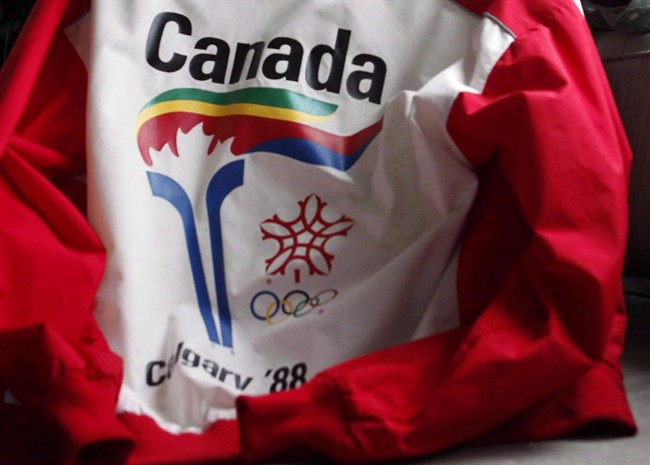While Calgary’s Olympic Bid Exploration Committee (CBEC) closed up shop Tuesday after presenting its final report to council earlier this summer, city administration is busy working on whether or not to proceed with a bid for the 2026 Winter Olympics.

The committee recommended that it was feasible for Calgary to make a bid but that five principles needed to be met.
First, capital costs for facilities must be covered by municipal, federal and provincial governments. Second, security costs must be covered by other orders of government
WATCH BELOW: Trudeau says he looks forward to talks on Calgary Olympic bid

Also, Canadian taxpayers shouldn’t be forced to cover the operating costs of hosting the 2026 games. The city has a limited debt capacity, so there must be a financial structure that accommodates cash flow and the debt-level constraints of the city.

Get breaking National news
Lastly, if the International Olympic Committee (IOC) wants financial guarantees from the host city, it must be provided by an entity other than the city or be deemed to be at a level acceptable to the city.
Kyle Ripley, director of Calgary Recreation, said a report will go to council late this year or early 2018 on what progress has been made.
“We see those principles as defining our field of play and it’s incumbent upon us to ensure that we achieve clarity on those principles and deliver that clarity to council,” he said.
Ripley said the IOC has indicated it wants greater cooperation with cities wishing to bid and that will lead to significant budget reductions – by as much as half a billion dollars.
When CBEC made their presentation to council, it said when revenues and expenditures were calculated, the cost to the city would be $2.4 billion to stage the 2026 games.
The IOC said cities can take the next year to engage with it and assess the benefits and requirements of making a bid.
Ripley said Tuesday was the first day of that engagement.
In October 2018, the IOC will invite a number of interested cities to make a bid. The games will be awarded in the summer or fall of 2019.
There is no shortage of competitors: similar to Calgary, Salt Lake City has put together an exploration committee and on Tuesday, Telemark, Norway launched a bid.
The federal government in Switzerland is said to have committed $1 billion to host the games in Sion.






Comments